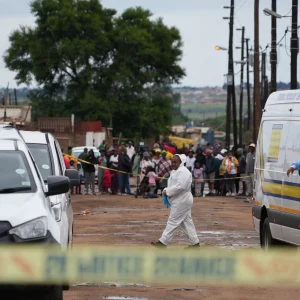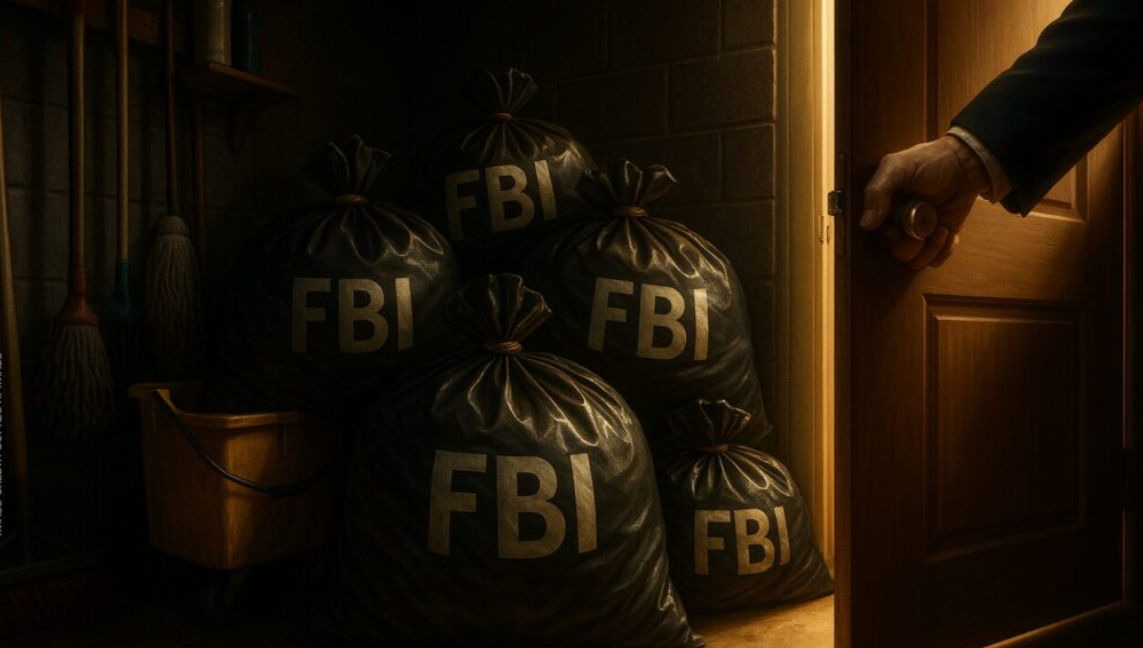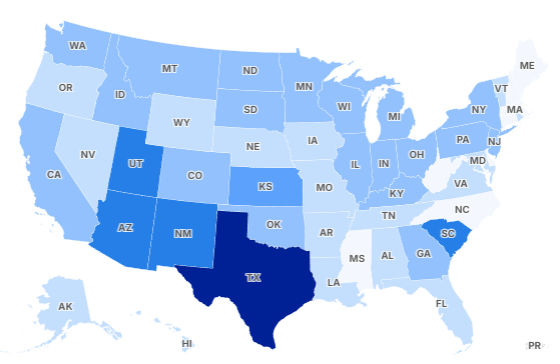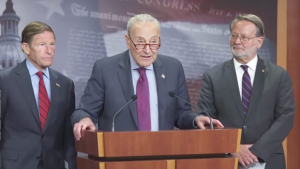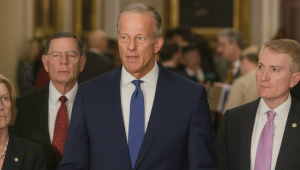FBI Rocked by Discovery of Hidden Russiagate Files in Secret Facility
A quiet internal search inside an FBI facility just triggered what may become one of the most consequential document revelations in recent political history.
Sources say classified materials tied to the Russiagate investigation were found stashed in so-called “burn bags.” The room itself—off-limits to most agents—had been used to store documents marked for destruction.
But these weren’t ordinary documents.
What the Files Might Contain
At the center of the discovery is a classified annex reportedly tied to Special Counsel John Durham’s final report. This annex, insiders claim, includes previously unseen intelligence from a foreign CIA source.
The same source had allegedly warned of false Russian-collusion narratives before the FBI officially launched its Crossfire Hurricane investigation in 2016.
That timeline matters. If proven true, it could indicate the FBI moved forward in spite of exculpatory intelligence—information that might have cleared Trump’s campaign from the beginning.
“The annex suggests not only negligence but a willful disregard for truth,” said a former intel analyst who worked adjacent to the Durham team.
The Patel Factor
New FBI Director Kashyap Patel, appointed during Trump’s second term, is the one who unearthed the records. Patel has long been a critic of what he calls “intelligence weaponization.”
According to Fox News, Patel has already delivered the annex to Senator Chuck Grassley’s office. Grassley, a longtime watchdog of the intelligence community, is preparing to make the document public under Senate investigatory rules.
“Not Just Political Bias—Political Engineering”
That’s how one Republican congressional aide described the implications. The phrase hints at something larger than mismanagement—a system designed to conceal and distort key facts from voters.
The documents, if authentic and unaltered, could show:
-
Suppression of warnings from foreign intelligence
-
Internal resistance to acknowledging weak evidence
-
Strategic leaks to media allies
-
Efforts to frame political opposition
Racketeering and Venue Shift?
Patel and legal advisors may attempt to build a racketeering case around these revelations. That approach would treat coordinated acts by federal officials as part of a criminal enterprise.
It would also allow prosecutors to bypass certain statute-of-limitation issues by arguing the conspiracy is “ongoing.”
Another twist: venue.
Prosecutors are reportedly considering moving any future indictment to Florida. There’s precedent—if overt acts happened in that state, the case can be tried there. And politically, Florida may prove less hostile to the Trump-aligned investigators.
“Florida is legally viable and strategically advantageous,” one former federal prosecutor told The Dupree Report.
A Pattern of Political Protection?
The findings dovetail with other controversies that conservative lawmakers say form a broader pattern of institutional bias. This includes:
-
DOJ’s decision not to prosecute Hillary Clinton for email mishandling
-
Dismissed reports of Chinese interference in 2020
-
Suppression of the Hunter Biden laptop story before the last election
-
Delays in prosecuting Biden family financial issues
-
Refusals to acknowledge concerns over President Biden’s cognitive fitness in 2024
Each of these episodes, critics argue, showcases a government apparatus that protects allies and punishes enemies.
“This isn’t about oversight anymore,” said a senior GOP investigator. “It’s about rooting out embedded corruption.”
Legal Uncertainty Ahead
Even with classified evidence, criminal prosecution won’t be simple. Defendants may claim political motivation, challenge chain of custody, or invoke national security to delay release.
Still, the political damage could be immediate. Hearings will follow. Documents may be declassified. And if enough evidence emerges, a new special counsel could be appointed—this time focused not on Trump, but on the people who went after him.
Grassley’s Role and the Road Forward
Grassley’s office is key. He may choose to read the annex into the congressional record, bypassing redactions and classification delays. That tactic has been used in the past for major revelations, including whistleblower disclosures.
If that happens, the public will get a rare, unfiltered look at the FBI’s inner workings during a crucial period in American politics.
Bigger Than Russiagate?
This moment may become the focal point in a wider discussion: Can intelligence agencies remain politically neutral in today’s hyper-partisan environment?
Critics say the trust is already broken. Supporters of the inquiry hope that sunlight will restore faith.
What’s clear is that this story won’t disappear quietly.
Patel’s allies say more disclosures are coming. And if they connect the dots between ignored warnings, buried files, and partisan targeting, the fallout may stretch far beyond the Beltway.

Emily Johnson is a critically acclaimed essayist and novelist known for her thought-provoking works centered on feminism, women’s rights, and modern relationships. Born and raised in Portland, Oregon, Emily grew up with a deep love of books, often spending her afternoons at her local library. She went on to study literature and gender studies at UCLA, where she became deeply involved in activism and began publishing essays in campus journals. Her debut essay collection, Voices Unbound, struck a chord with readers nationwide for its fearless exploration of gender dynamics, identity, and the challenges faced by women in contemporary society. Emily later transitioned into fiction, writing novels that balance compelling storytelling with social commentary. Her protagonists are often strong, multidimensional women navigating love, ambition, and the struggles of everyday life, making her a favorite among readers who crave authentic, relatable narratives. Critics praise her ability to merge personal intimacy with universal themes. Off the page, Emily is an advocate for women in publishing, leading workshops that encourage young female writers to embrace their voices. She lives in Seattle with her partner and two rescue cats, where she continues to write, teach, and inspire a new generation of storytellers.
